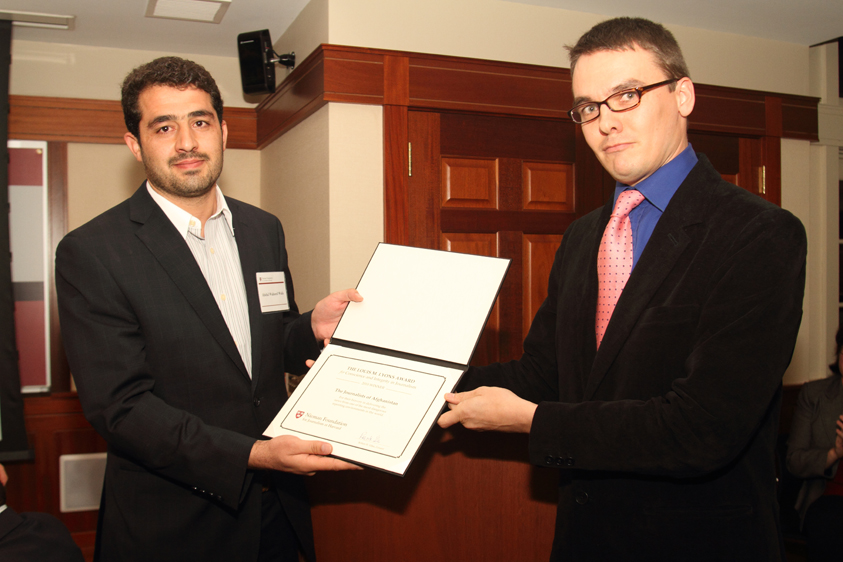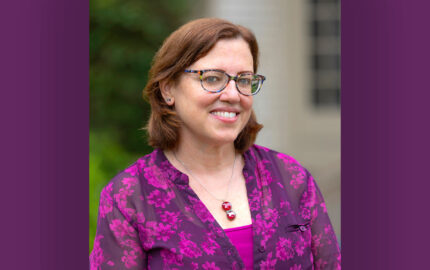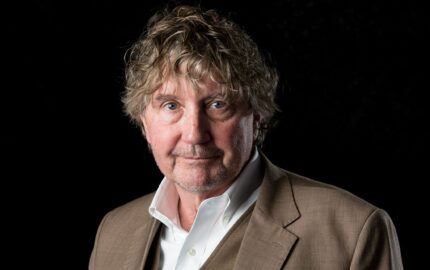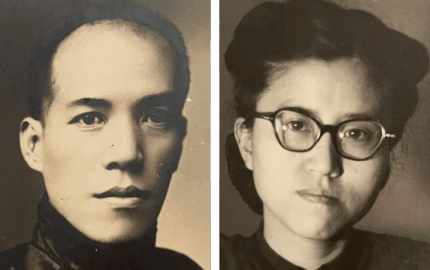The journalists of Afghanistan face grave danger on the job. The Committee to Protect Journalists has documented the death of six Afghan media workers inside Afghanistan in the last three years alone and the death of a seventh is under investigation.
Many of the Afghan journalists work with the foreign media at great personal risk, providing vital support, services and insight. Their work is crucial to the world’s understanding of events in Afghanistan, but their important contributions are rarely recognized.
Too often, they believe that their lives are not as valued as those of their Western colleagues. This was felt most recently after the death in September 2009 of Afghan journalist Sultan Mohammed Munadi from The New York Times. Munadi was killed in a raid which rescued his British colleague Stephen Farrell.
The Lyons Award has never been presented to an Afghan journalist. In choosing Afghan journalists for the prize, the Nieman Class of 2010 honors the conscience and integrity of all their colleagues in Afghanistan.
Afghan journalists killed in recent years
September 9, 2009
Sultan Mohammed Munadi, (The New York Times), 34,is killed in a military raid which rescues his New York Times colleague Stephen Farrell in an area near Kunduz.
March 11, 2009
Jawed Ahmad, (freelance fixer/producer for CTV and other outlets), 23, is shot while driving in Kandahar. The motive of his killing is unconfirmed. The Committee to Protect Journalists’ is investigating to determine whether the death was work related.
June 7 or 8, 2008
Abdul Samad Rohani, (BBC and Pajhwok Afghan News), 25, disappears in Helmand. The next day his body is found dumped in a cemetery. He worked for the BBC Pashto Service and the Pajhwok Afghan News Agency in Lashkar Gah, Afghanistan
June 4, 2007
Zakia Zaki, (Sada-i-Sulh), 35, is shot by unidentified gunmen who storm into her bedroom in the Parwan province. She ran the only independent radio station in the province.
April 8, 2007
Ajmal Naqshbandi, (freelance), 24, is beheaded by his Taliban captors in Helmand province, Afghanistan. His Italian colleague, La Republicca reporter Daniele Mastrogiacomo, had been released earlier in a deal. But Naqshbandi’s driver, Sayed Agha, (freelance media worker), who was kidnapped along with Naqshbandi and Mastrogiacomo on March 5, 2007 was beheaded less than two weeks later, on March 15. Naqshbandi’s life and death is the subject of the documentary “Fixer: The Taking of Ajmal Naqshbandi.”
July 22, 2006
Abdul Qodus, (Aryana TV), 25, a cameraman for Aryana TV, is killed in a double suicide bombing in Kandahar. He had rushed in to film the aftermath of the first bombing when he was caught by the second.
For more information on these journalists and others who have been killed on the job, visit the Committee to Protect Journalists’ Web site:
http://cpj.org/
Opening Remarks
James Reynolds
2009 Nieman Fellow
In just a few hours it will be dawn in Afghanistan.
Afghan journalists will begin their day’s work. They deliver the news every day from one of the most dangerous reporting environments in the world.
They face the threat of intimidation, kidnapping, and death. In their own country, in the last three years, a number of Afghan journalists have been killed. Many of them worked with the foreign media. They risked and lost their lives so that many of us in this room could learn about their country.
So, when this class had the chance to decide on a second recipient for this year’s Lyons award—it became clear that we should recognize a brave, neglected group of journalists—the reporters and media workers of Afghanistan. We’ve decided to direct the money that comes with this award to the Frontline Fixers Fund, which supports the families of Afghan journalists. This class has pledged to match the $1,000 dollar donation made by the Nieman Foundation.
Yesterday morning, a group of us in this room took part in a Skype conversation with our colleagues in Kabul. We wanted to know more about the dangers that they face every day.
(VIDEO IS PLAYED)
I’m pleased to say that after this event, the journalists in Afghanistan contacted us and said that they would like to continue their dialogue with us over the year.
Would you please join me in welcoming New York Times journalist Abdul Waheed Wafa from Afghanistan to accept the Lyons award on behalf of his colleagues.



